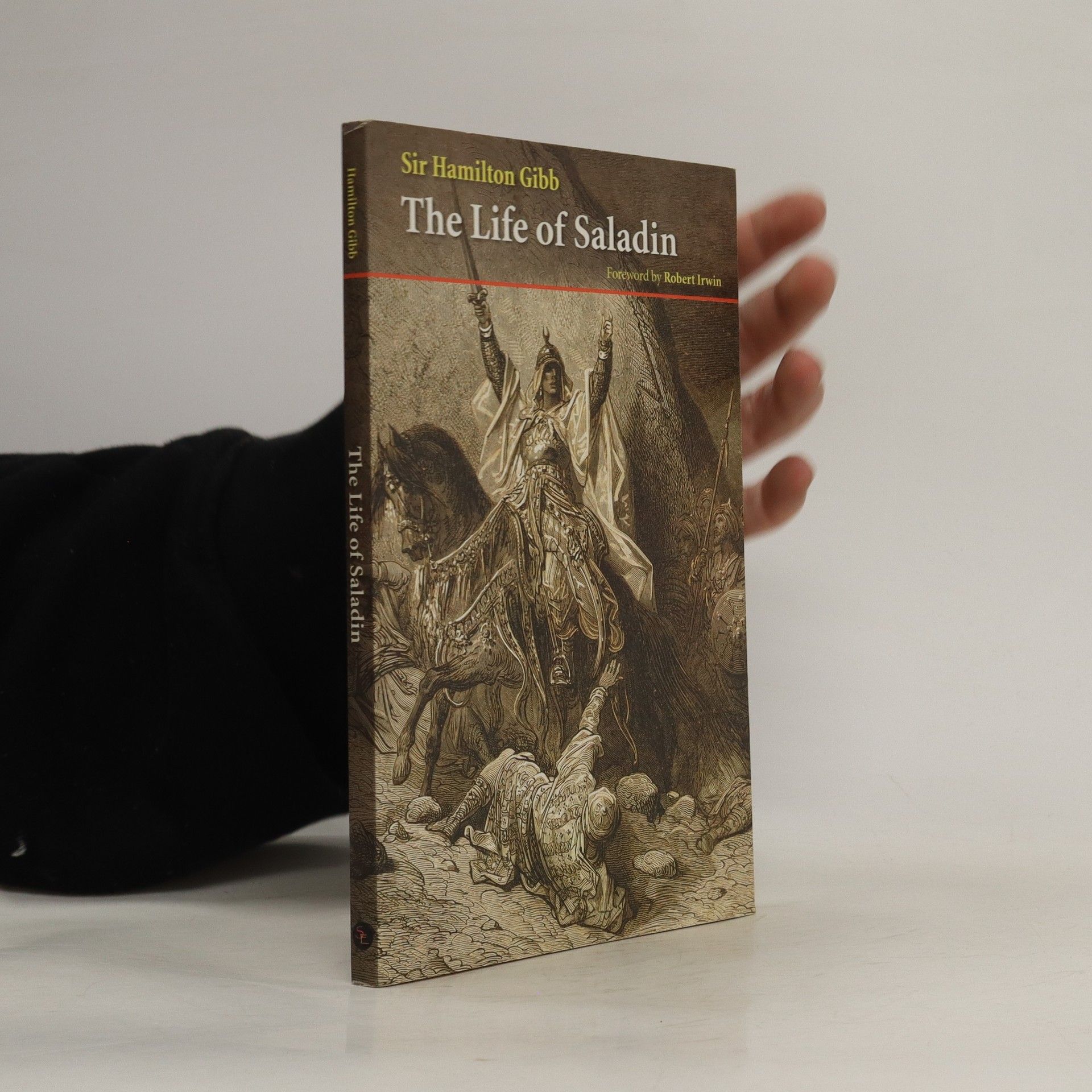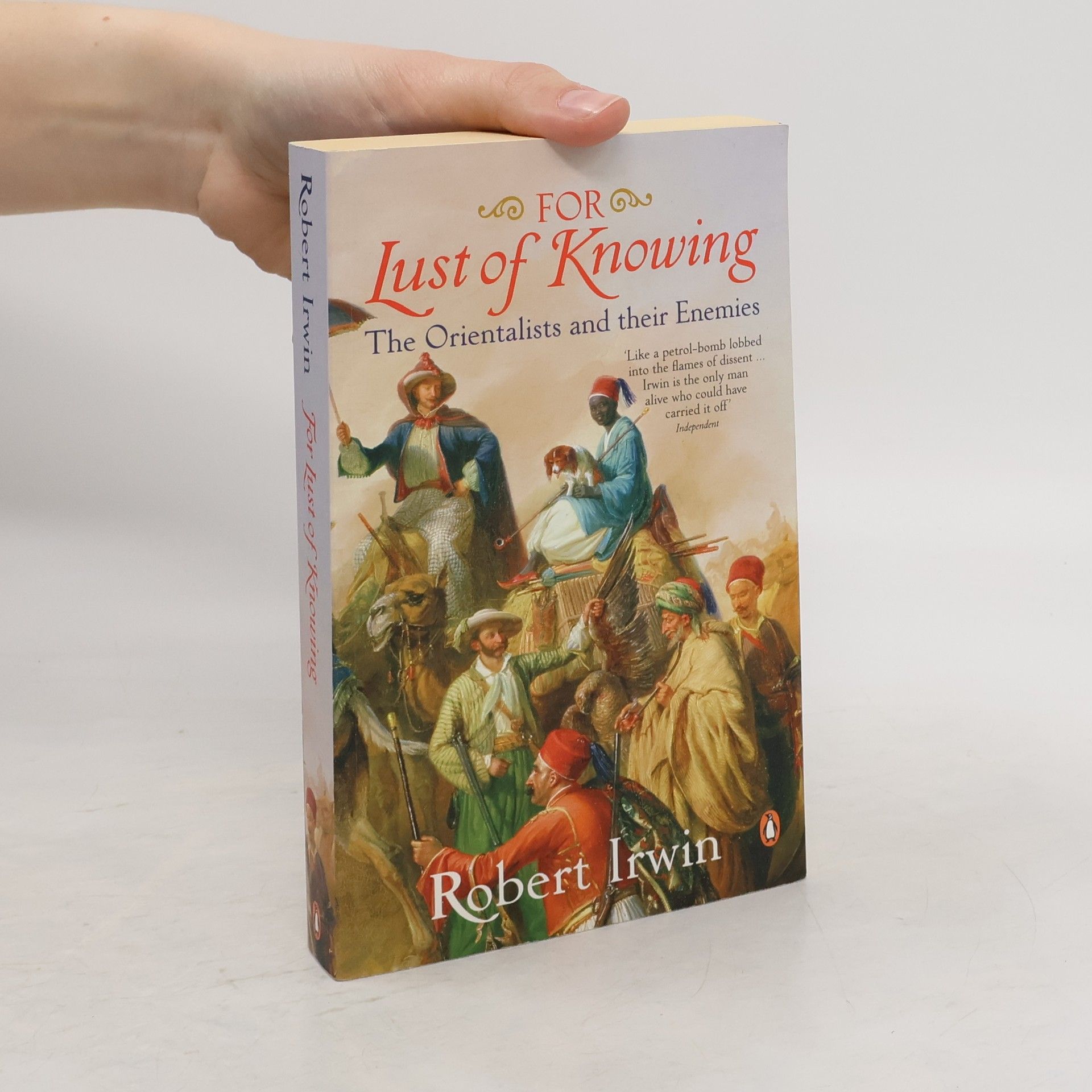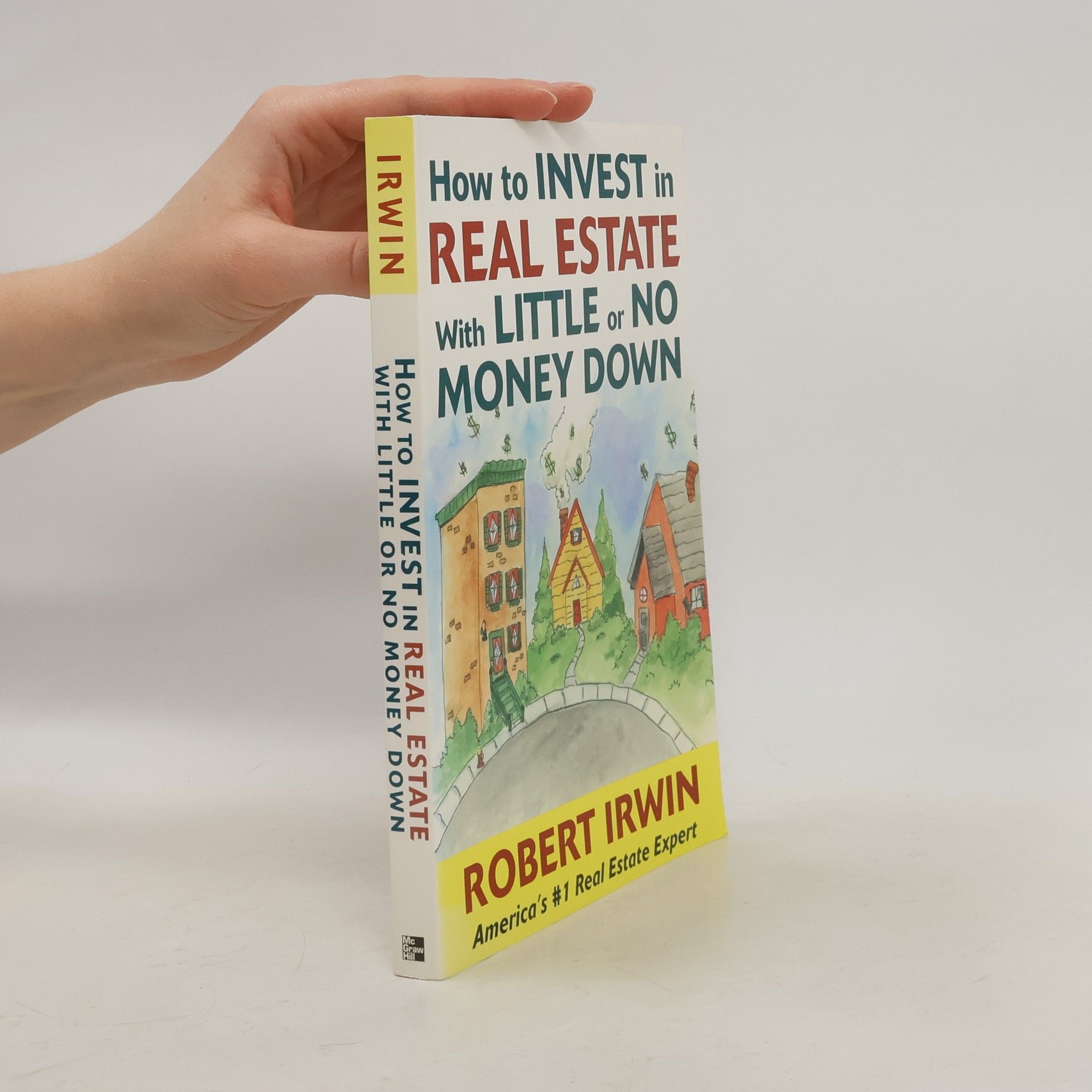The Arabian Nights: Tales of 1001 Nights
- 992pagine
- 35 ore di lettura
'The bride then came surrounded by her slave girls like the moon among stars or a matchless pearl set among others on a string.'When the beautiful Shahrazad gives herself to the bloody-handed King Shahriyar, she is not expected to survive beyond dawn. But using her wit and guile, she begins a sequence of stories that will last 1001 nights: stories of 'ifrits and money-changers, prices and slave girls, fishermen and queens, and magical gardens of paradise. This volume also includes the well-known tale of 'Ali Baba and the Forty Thieves'.Along with this landmark new translation, Robert Irwin's introduction discusses the many cultures The Arabian Nights has drawn on and the elaborate structure of the story-within-a-story that defines the collection, as well as the importance to the Nights of locked doors, sex, and the recurring themes of money, merchants and debts. This edition also contains suggestions for further reading, a glossary, maps and a chronology.







